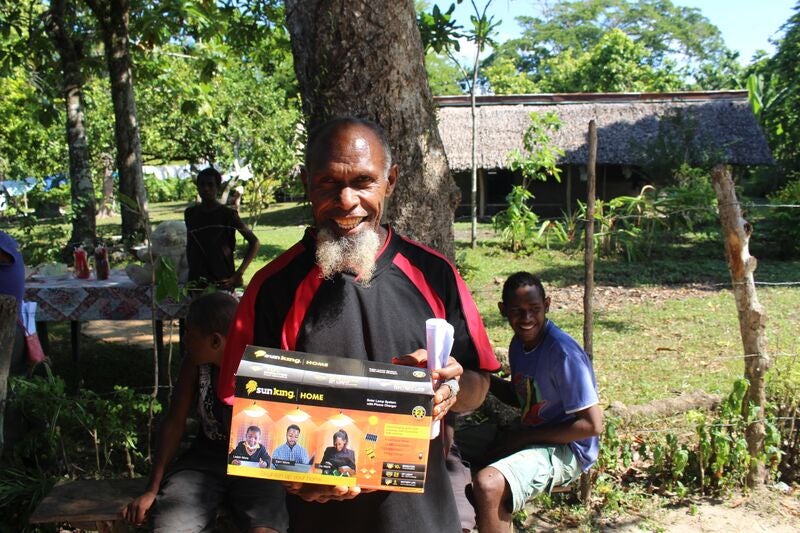
New Zealand has a long history of supporting its close neighbors in the Pacific, both in times of disaster and emergencies, and to help improve the lives of many thousands across the region.
On Waitangi Day, the national day of New Zealand, we take a look at three key World Bank projects in the Pacific, and how New Zealand’s support has been integral to making them happen.
Papua New Guinea – Business Coalition for Women
Papua New Guinea’s Business Coalition for Women works with 59 companies (and counting) across PNG to highlight the value women bring to the workplace and to demonstrate how empowering women is not only the right thing to do; it’s smart business.
Set up as a joint initiative between the Governments of New Zealand, Australia and the International Finance Corporation (part of the World Bank Group), the coalition is already making great strides, with working groups set up to address gender-based violence, promote women for leadership positions, expand opportunities for women and develop workplace policies and practices that are helping to break down many of the barriers preventing women from furthering their careers in PNG’s business sector.
Kiribati – Pacific Aviation Investment Project
With 33 islands spread across 3.5 million km2 of ocean, Kiribati is one of the most remote countries on earth. This means safe and reliable air travel is absolutely essential to connect Kiribati to other Pacific Island countries, as well as to larger markets such as Australia, New Zealand and the United States. Air transport also provides critical emergency response for medical needs or natural disasters.
The government of New Zealand, together with the Governments of Australia, Kiribati and Taiwan, China, is supporting the Kiribati Aviation Investment Project. This project is financing the installation of navigational aids and communications equipment at Kiribati’s two international airports. Work is also being done on airport terminals, runway repairs and other safety, security and sustainability improvements, including four new fire trucks.

Vanuatu – Rural Electrification Project
Three-quarters of Vanuatu’s population lives in rural and remote areas, and very few have access to electricity through a grid network. Without grid access, families often use expensive diesel generators to get their electricity, and the Vanuatu Rural Electrification Project is working alongside the government to provide better access to affordable, reliable and sustainable electricity for the people of Vanuatu.
Through the project more than 87,000 people, and more than 2,200 community buildings, such as aid posts, clinics and community halls, will gain access to electricity. As part of the project over 1,000 ‘plug-and-play’ solar kits have already been supplied to communities in many of Vanuatu’s most remote areas. The second phase of this project is now also under preparation with an additional NZD5 million committed by the Government of New Zealand.
To learn more about these and other World Bank projects in the Pacific supported by New Zealand, Australia and other countries, visit www.worldbank.org/pacificislands, or follow us on Facebook for more stories and insights from across the Pacific Islands.



Join the Conversation